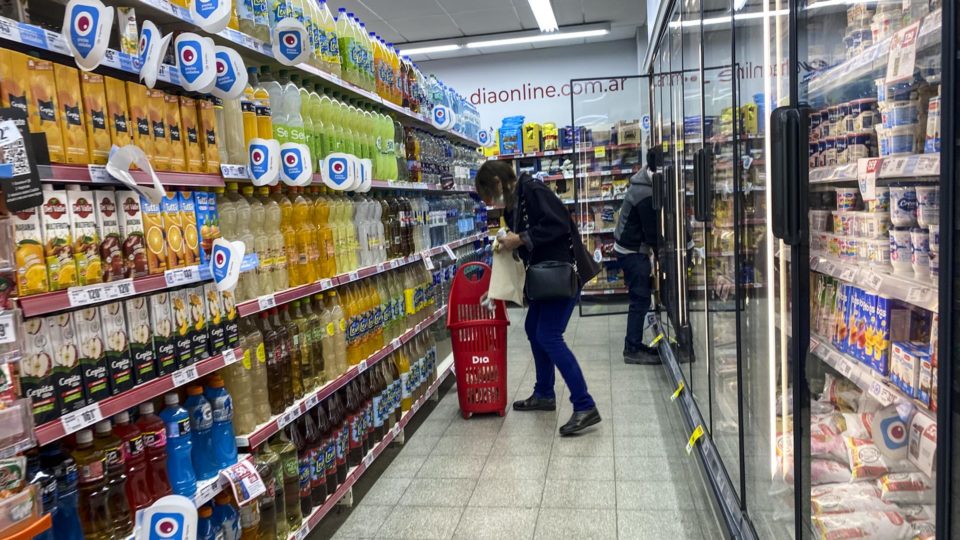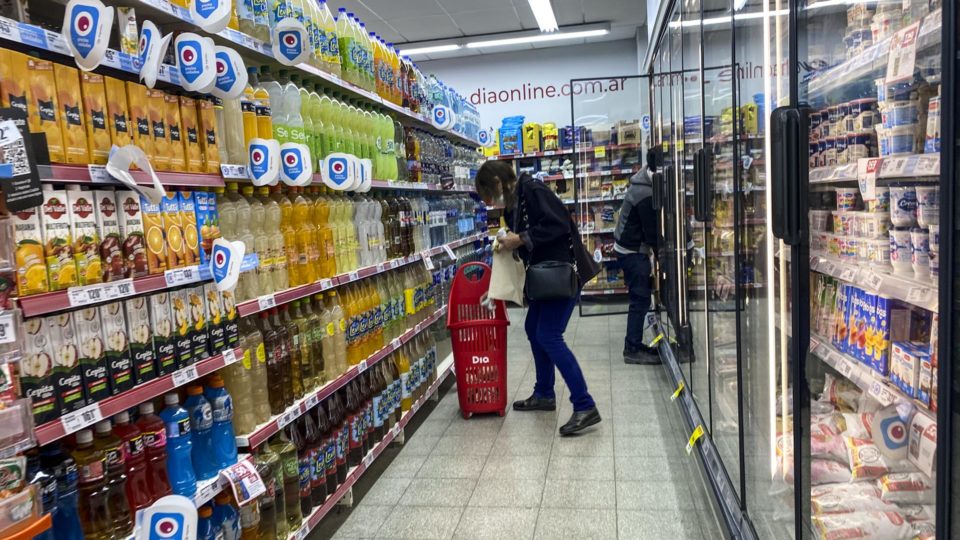i
Your Reading indicates how much you are informed about a given subject according to the depth and contextualization of the contents you read. Our team of editors credits 17, 29, , 59 or 64 points for each content – those that help the most in understanding the country’s moment receive more points. Over time, this score is reduced, as newer content also tends to be more relevant in understanding the news. Thus, your score in this system is dynamic: it increases when you read and decreases when you stop being informed. At the moment the score is being made only in content related to the federal government.
Close
The article you are reading right now+0
Information is part of the exercise of citizenship. Here you can see how well informed you are about what happens in the federal government.



